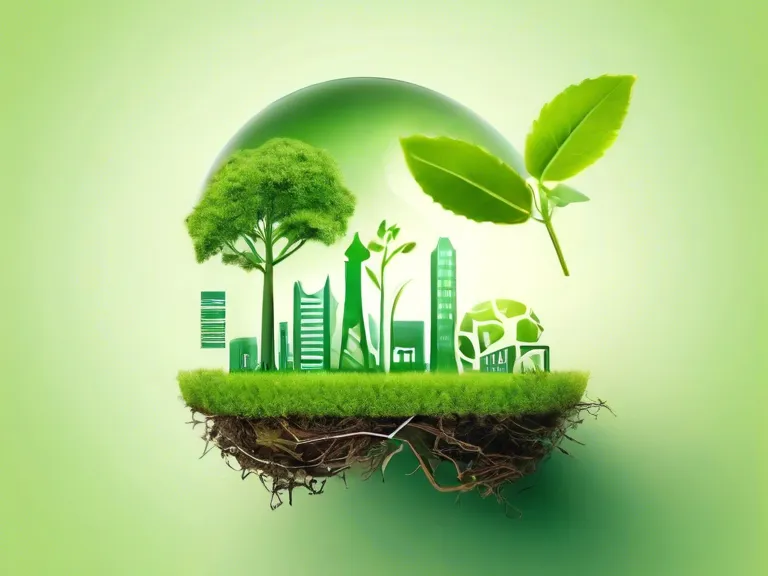
As the world shifts towards more sustainable practices, eco-friendly startups are on the rise. These innovative companies are addressing pressing environmental concerns through creative solutions and forward-thinking technologies. From renewable energy to sustainable fashion, these startups are paving the way for a greener future.
One sector that has seen a surge in eco-friendly startups is renewable energy. Companies like SolarCity and Tesla are revolutionizing the way we generate electricity by harnessing the power of the sun. By installing solar panels on homes and commercial buildings, these startups are reducing our dependence on fossil fuels and decreasing our carbon footprint. Additionally, advancements in battery technology are making it easier to store solar energy for use when the sun isn't shining.
Another area where eco-friendly startups are making a difference is in waste management and recycling. Companies like TerraCycle and Rubicon Global are finding innovative ways to reduce, reuse, and recycle our waste. Through partnerships with major brands and municipalities, these startups are diverting millions of pounds of waste from landfills and turning them into new products.
In the fashion industry, startups like Reformation and Patagonia are leading the way in sustainable fashion. By using organic materials, recycling old clothes, and promoting ethical manufacturing practices, these companies are proving that fashion doesn't have to come at the expense of the planet. Consumers are increasingly looking for eco-friendly options when shopping for clothes, and these startups are meeting that demand.
Overall, eco-friendly startups are proving that profitability and sustainability can go hand in hand. By addressing environmental concerns and finding creative solutions, these companies are not only helping the planet but also attracting a growing base of environmentally-conscious consumers. As the world continues to move towards a more sustainable future, the rise of eco-friendly startups will play a key role in shaping our collective environmental impact.

